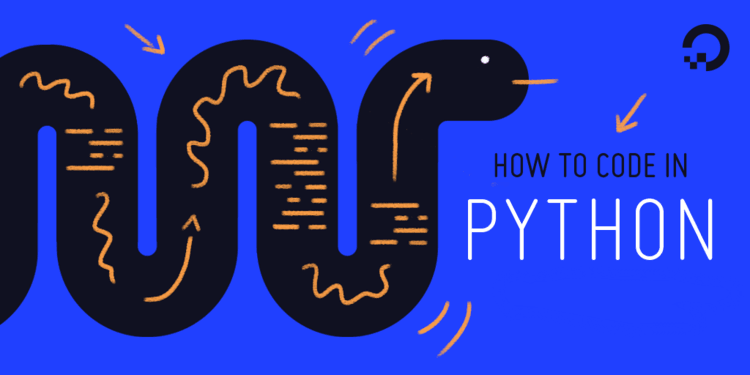Summary: In this tutorial, we will learn what Lambda expression is and how can we convert a def function into a Lambda expression in Python.
What is Lambda Expression in Python?
Lambda Expression in Python which is also referred to as Lambda function is basically an anonymous function with a single Python expression as the body.
An anonymous function is a function that has no name and can be created without a def keyword.
Lambda expression like a normal standard Python function can accept any number of arguments but can only have a single expression as a function’s body.
A lambda expression begins with the lambda keyword followed by the arguments (optional) then followed by a colon (:) and finally ends with a single Python expression.
lambda arguments : python_expressionThe lambda expression passes the arguments to the python_expression and returns the result after execution.
Let’s see some examples of Lambda expression for clear understanding.
Examples: Lambda Expression (Function)
Example 1: Lambda Function to check an Even number:
even = lambda n: n%2 == 0
print(even(6)) #outputs TrueExample 2: Lambda Function to Grab first character of a String:
first = lambda s: s[0]
print(first('pencil')) #outputs pExample 3: Lambda Function to Reverse a string:
reverse = lambda s: s[::-1]
print(reverse('pencil')) #outputs licnepExample 4: Lambda Function to Add two numbers:
add = lambda x, y : x+y
print(add(4,6)) #outputs 10How to convert an existing def Function into Lambda Function?
Since Lambda functions are short and concise, we may want to rewrite the existing normal standard Python function as a lambda function.
But the downside with the lambda functions is that they can only have a single expression in their body, hence we may not able to convert all functions written with def into a lambda expression.
However there is scope for many, let’s try converting the following function into a lambda expression:
def square(n):
sqr = n**2
return sqr
print(square(5)) #outputs 25Step 1: Make function simple.
def square(n):
return n**2Step 2: Try to rewrite the whole function only using a single line (Although it is a bad practice).
def square(n): return n**2Step 4: Remove def and rewrite in lambda.
lambda n: n**2Step 5 (Final): Assign a label to it.
square = lambda n: n**2
print(square(5)) #outputs 25Since lambda expressions are anonymous, it is important to label them to refer them later in the program.
I hope this has helped you to learn something about lambda function. If you have any doubts then comment below.
